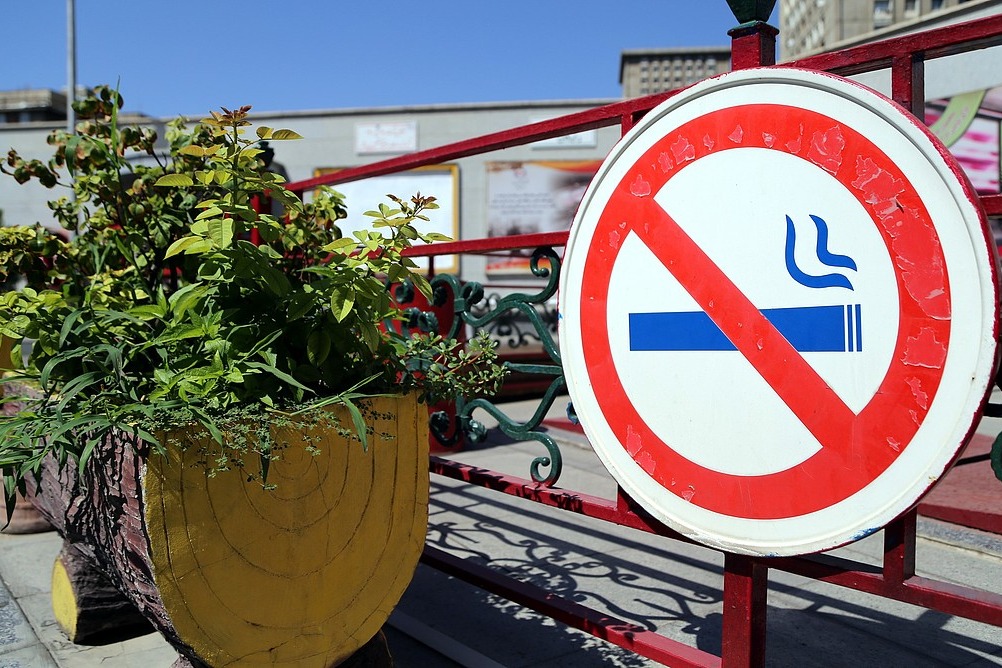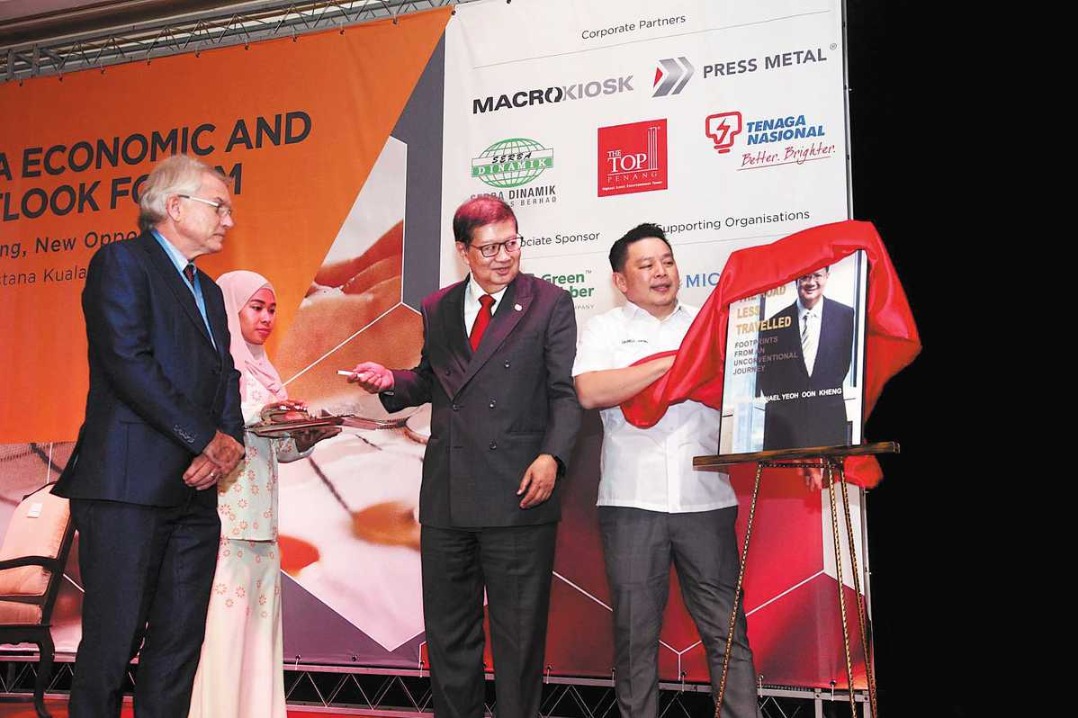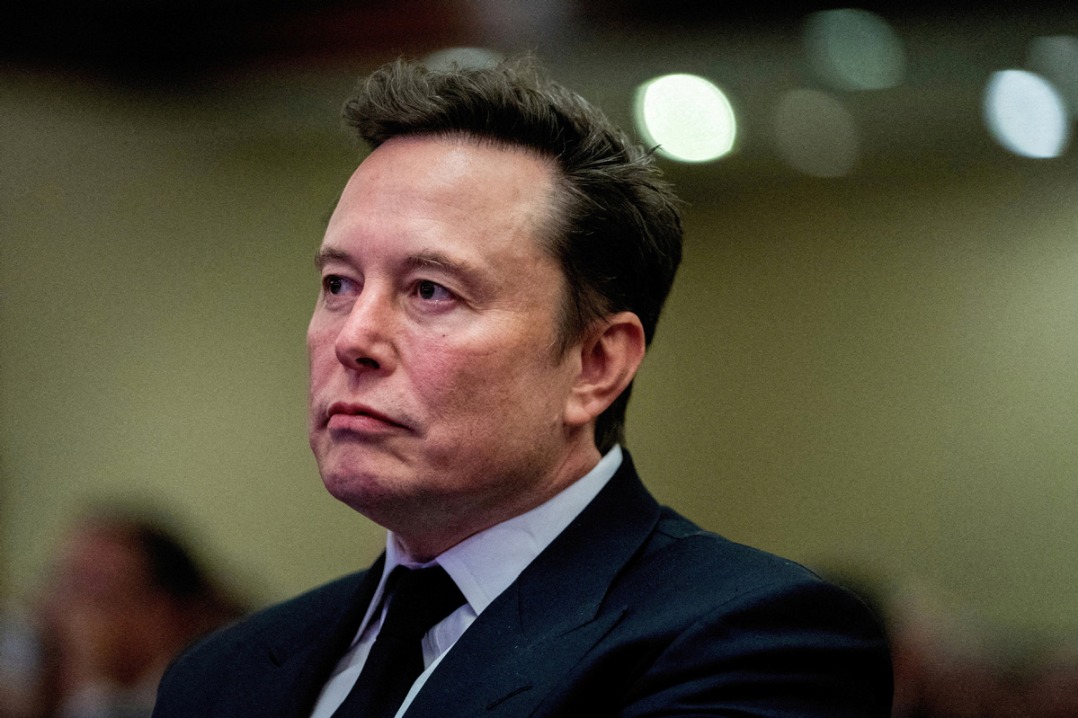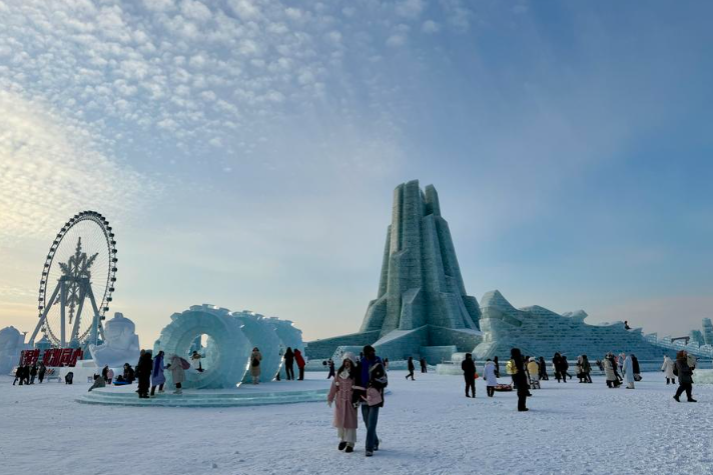Syria's de facto leader outlines future relations with Russia, regional powers, domestic forces

DAMASCUS - Ahmed al-Sharaa, head of Hayat Tahrir al-Sham (HTS) and Syria's de facto leader, gave his most comprehensive remarks yet on Sunday about how he plans to steer the country through its current transition.
Speaking to Saudi state-owned broadcaster Al Arabiya, al-Sharaa discussed various issues, from maintaining ties with Russia to negotiating with Kurdish forces in northeastern Syria.
Al-Sharaa sought to reassure Moscow of its continued importance in post-Assad Syria. "We do not want Russia to depart in a manner unbefitting its longstanding relationship with our country," he said, referring to the presence of Russian bases at Hmeimim and Tartous.
Al-Sharaa said Syria shared "strategic interests" with Russia. The Russian officials earlier stressed international treaties legitimated their bases.
In a possible breakthrough for the fractured northeast, al-Sharaa confirmed his administration is in talks with the Syrian Democratic Forces (SDF), predominantly led by Kurdish units.
"We aim to resolve issues in the northeast and eventually integrate them into the governmental armed forces," he said, adding that "the Kurds are integral to Syria's makeup, and partition is off the table."
Al-Sharaa reiterated that all armed factions, including the HTS, will dissolve "in due course," stating that the authority will "manage the country with a state-centered approach" rather than a revolutionary ethos. This restructuring is expected to happen in tandem with a national dialogue conference and the creation of a Ministry of Defense.
On the home front, al-Sharaa affirmed that establishing a new constitution could take up to three years, with credible elections possibly requiring four years to organize.
A comprehensive census must precede the voting process, he said, to ensure transparency and fairness. The leader also emphasized the urgent need to restore the rule of law and end the chaos caused by years of war.
While acknowledging isolated acts of retribution, he claimed they are fewer than anticipated, given the scale of societal ruptures.
Al-Sharaa welcomed Saudi Arabia's "very positive" comments and expressed gratitude for the kingdom's past support. He envisions major Saudi investments that could help rebuild the war-ravaged nation.
He also appealed for an end to Western sanctions, voicing hopes the incoming U.S. administration under Donald Trump would rescind measures like the Caesar Act that have squeezed the Syrian economy.
Meanwhile, al-Sharaa questioned Iran's ongoing role, urging Tehran to reconsider its regional policies. He also acknowledged that some Syrians desire a more constructive Iranian contribution.
The new authority's military arm reportedly took steps "to secure all Iranian facilities" after the transition, though al-Sharaa expressed disappointment at the lack of positive signals from Tehran.

































